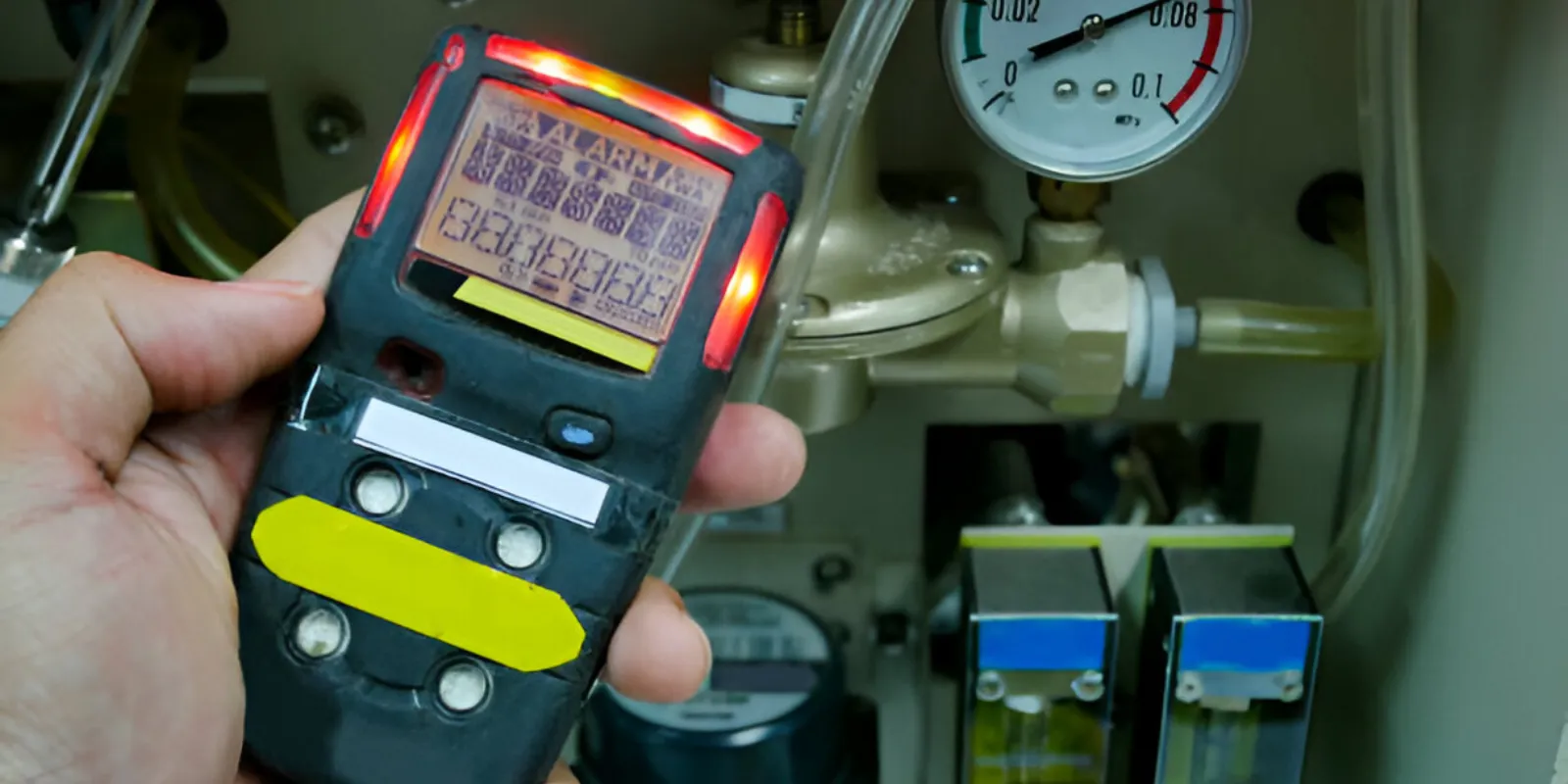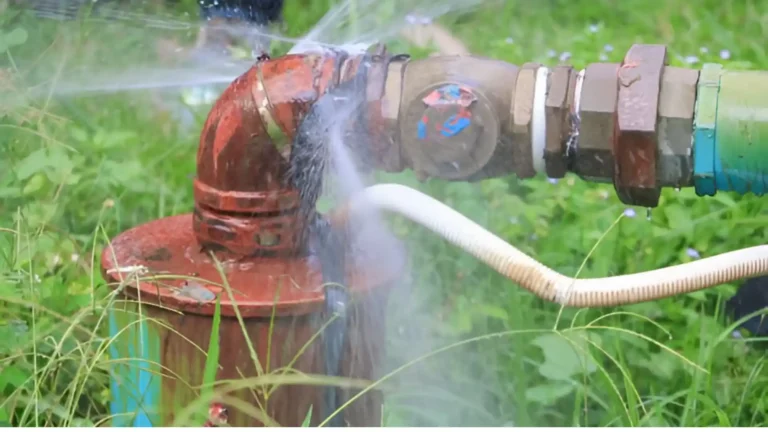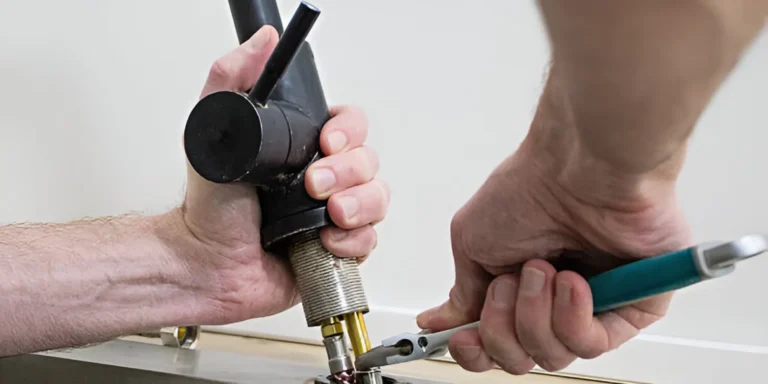Gas leaks can pose serious risks, including fire hazards, health problems, and even explosions if not addressed quickly. Detecting a gas leak early is crucial for your safety and that of others in your home or workplace. Natural gas is odorless, but utility companies add a chemical called mercaptan that gives it a distinct rotten egg smell, making it easier to identify. However, not all leaks are obvious—some may be subtle or hidden. Understanding the warning signs, using detection tools, and knowing what to do in an emergency can make all the difference. In this article, we’ll explore how to detect a gas leak safely and efficiently.
Physical Signs of a Gas Leak Indoors
The first step in spotting a gas leak is recognizing unusual physical signs around your home. A strong sulfur-like odor is the most common clue, but there are others. Hissing or whistling sounds near gas lines, discolored or dying indoor plants, and bubbles forming in standing water near gas pipes can also indicate a problem. Unexplained dizziness, nausea, or fatigue among family members may suggest low-level gas exposure. If multiple symptoms occur at once, it’s critical to take action immediately and avoid dismissing these warnings as minor inconveniences.
Monitor Appliances and Pilot Lights
Gas-powered appliances may signal issues, too. Watch for flickering or irregular pilot lights, soot buildup around burners, or unusual behavior when turning devices on or off. These can all point to a potential leak and should not be ignored.
Outdoor Gas Leak Indicators
Gas leaks can also happen outside, especially near underground pipes or meters. One key sign is the smell of gas near your yard or driveway. Additionally, listen for unusual sounds coming from the ground or meter area. Dead grass or vegetation in an otherwise green area may also suggest an underground leak. If you notice bubbles forming in puddles or moist soil, that’s another red flag. Never attempt to dig or repair a gas line yourself—call your gas provider or a licensed professional for help.
Stay Clear and Alert Authorities
If you suspect an outdoor leak, leave the area immediately and notify your local Plumbing company or fire department. Avoid using electronics or lighting flames nearby, as they could ignite escaping gas. Safety comes first.
Tools and Technology for Detection
In addition to using your senses, technology can assist in identifying gas leaks. Handheld gas detectors are available for home use and can detect various gases like methane and propane. These tools are especially helpful in detecting slow or odorless leaks. Some advanced models offer real-time readings and audible alerts when gas is present. For ongoing monitoring, consider installing fixed gas sensors in high-risk areas like kitchens or boiler rooms. These devices add an extra layer of protection, ensuring you’re alerted even when you’re not actively checking for signs.
Choose The Best Equipment
When buying gas detection tools, always choose products that are certified and tested for residential use. Look for features like battery backup, loud alarms, and digital displays. Investing in quality equipment can save lives.




